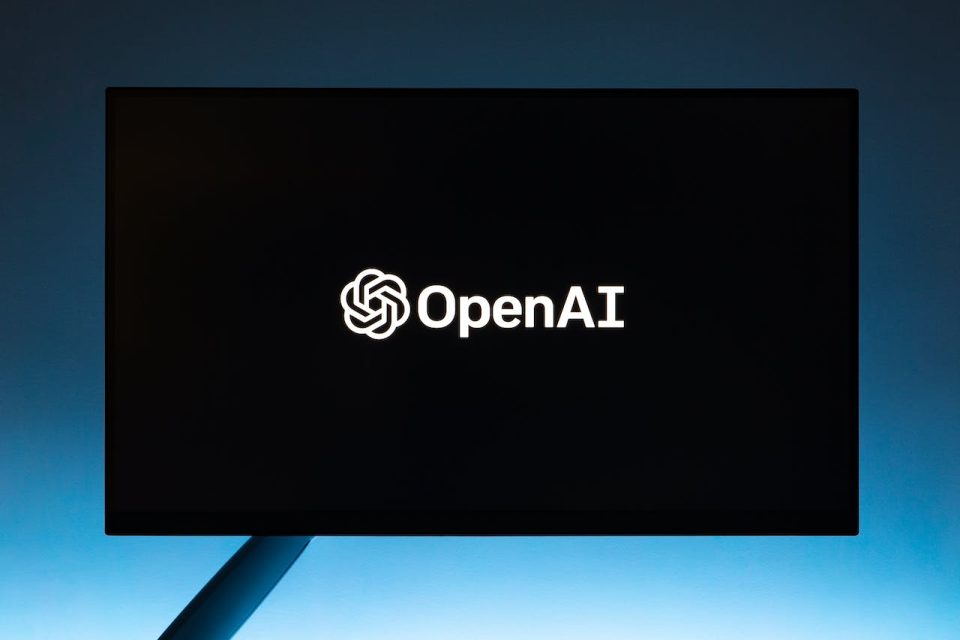In a surprising turn of events, Microsoft has made a strategic move by hiring ousted OpenAI chief Sam Altman after a tumultuous three-day saga that many likened to a coup. The development has sent shockwaves through the world of artificial intelligence, as Altman was the figurehead of OpenAI, the organization behind the immensely popular ChatGPT app that brought generative AI to the mainstream.
The abrupt dismissal of Sam Altman by OpenAI’s board on Friday triggered a frantic weekend campaign led by OpenAI executives and key investors, including Microsoft CEO Satya Nadella, who had pledged over $10 billion for the startup. In response, OpenAI’s board replaced Altman with Emmett Shear, the former CEO of Twitch, in what appears to be a rebuke to investors. Nadella then announced the recruitment of Altman and Greg Brockman, another OpenAI co-founder who resigned in protest, to lead a new in-house AI research unit at Microsoft.
The move has raised concerns about OpenAI’s future, with the risk of employee exodus to Microsoft and other competitors, potentially marking the end of its remarkable growth. The startup, which was in talks with investors for an $86 billion valuation, now faces scrutiny over its ability to turn cutting-edge AI into profits.
The underlying divide revolves around the question of whether AI should be approached as a commercial opportunity or as a potentially dangerous technology requiring constant scrutiny. Nadella, in a LinkedIn post, reassured that Microsoft remains committed to its partnership with OpenAI, emphasizing confidence in their product roadmap.
By bringing Altman on board, Nadella gains a driver for the new era of AI that has captivated executives and politicians worldwide. Altman, credited with initiating a race for AI supremacy, now stands as a key player in Microsoft’s AI endeavors.
Brockman, in an online post, revealed that Altman had already recruited three OpenAI scientists to join them at Microsoft, signaling a potential talent drain from OpenAI to its new competitor. Microsoft’s shares saw an increase in pre-market trading, indicating positive investor sentiment towards the acquisition of Altman.
Shear, Altman’s replacement at OpenAI, is known for his recognition of the existential threats posed by AI. With a background as a computer scientist and former CEO of Twitch, Shear is considered capable of leading a large engineering group.
The weekend’s dramatic events exposed longstanding divisions within OpenAI, particularly concerning Altman’s push to transform the nonprofit organization into a successful business. The clash between Altman’s eagerness to launch products and attract customers and the board’s concerns about the safety of AI tools created irreconcilable differences.
The fallout from the board’s decision to defy investors is extensive, with potential consequences for Microsoft’s $13 billion investment in OpenAI. The board’s rejection of Altman’s conditions for his return, including changes to governance and a statement absolving him of wrongdoing, led to the hiring of Shear, a move seen as a stinging rebuke to investors.
In a post on the platform formerly known as Twitter, Shear outlined plans for his first 30 days as OpenAI CEO, including reforms to the management team and an independent investigation into recent events. He asserted that Altman was not removed due to a safety disagreement and dispelled notions that the board was uninterested in a profitable model.
Industry insiders, including venture capitalist Ethan Kurzweil, praised Shear’s appointment, citing his skills and credibility to navigate the current challenges at OpenAI. Shear’s past commitment to trust and safety efforts during his tenure at Twitch adds to the optimism surrounding his new role.
As the dust settles, the AI landscape awaits further developments, with the potential for significant shifts in talent, strategy, and partnerships.
Source: Bloomberg

